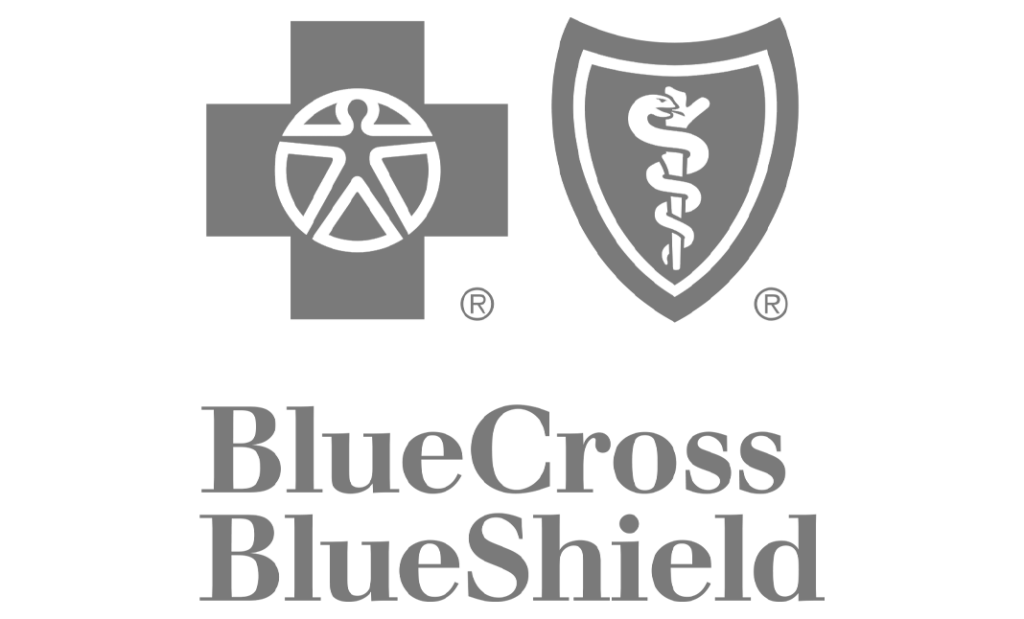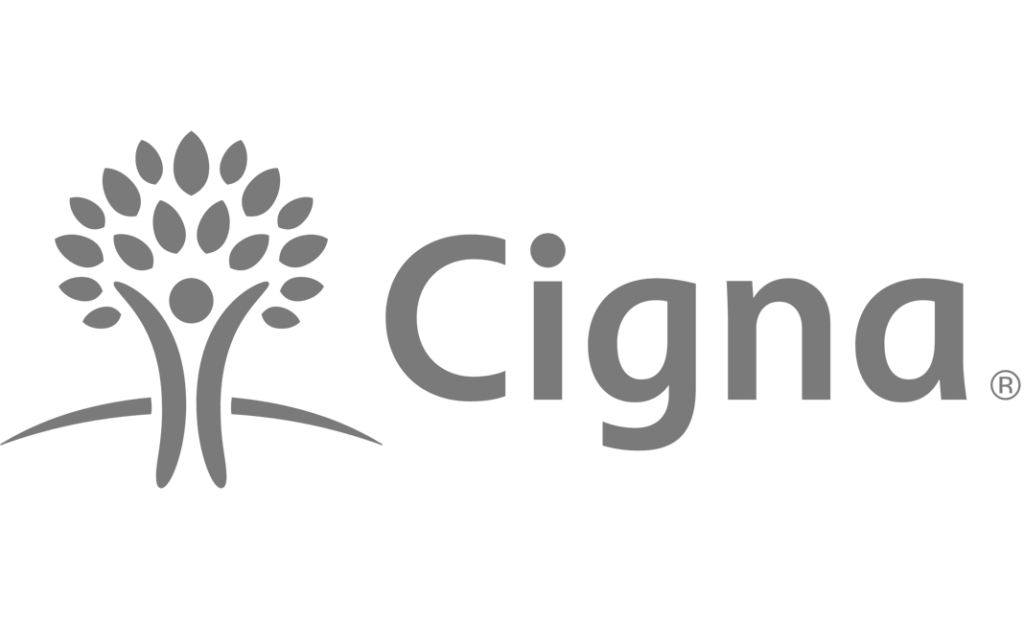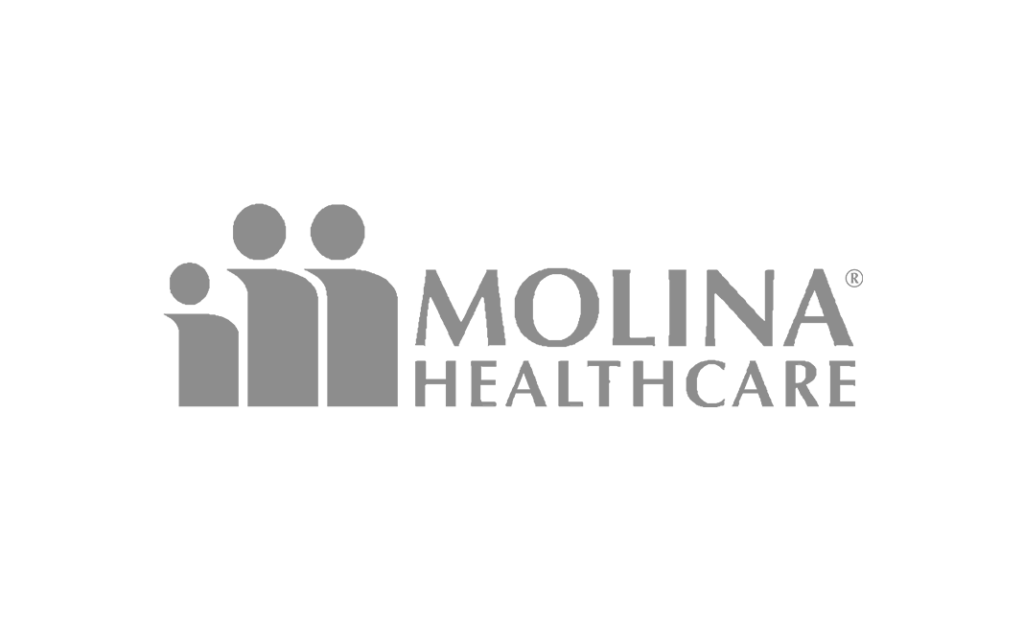Benefits of Outpatient Alcoholism Treatment in Mississippi
Alcoholism is the most severe kind of drinking problem, defined as excessive drinking to the point that it negatively affects your health. In contrast to harmful drinking — a pattern of excessive drinking that does not include dependency on alcohol — alcoholism is another name for severe alcohol use disorder (AUD). Fortunately, outpatient treatment to begin recovering from this disease is available in Mississippi.
Signs of Alcoholism
Alcoholics prioritize drinking above everything else in their lives, including work, school, family, and friends. They also develop a physical tolerance to alcohol, requiring them to drink more and more to experience the desired level of intoxication.
Signs of alcoholism include:
- Developing a tolerance so that you need more alcohol to get the same high you used to feel when drinking a smaller amount
- Having a strong desire to consume alcohol
- Neglecting important responsibilities, such as those at work, school, or home
- Decreased interest in social, occupational, and recreational pursuits
- Engaging in risky activities like driving or swimming while intoxicated
- Nausea, perspiration, and tremors while abstaining from alcohol
- Trying to reduce alcohol consumption but being unable to do so
- Refusing to stop drinking despite the negative effects on your health, relationships, and job
- Having reduced control over how much booze you consume
What Happens During Alcohol Withdrawal?
Symptoms of alcohol withdrawal range from minor to extremely severe. The exact symptoms that people experience during alcohol withdrawal depend on the severity of their addiction. Generally, the longer someone has been consuming alcohol, the harsher the withdrawal symptoms.
During the first eight hours of alcohol withdrawal, an individual will usually experience anxiety, shaky hands, sweating, headaches, insomnia, nausea, and vomiting. It’s not until a person has gone 12 to 48 hours without a drink that he or she will start experiencing hallucinations and extreme tremors (delirium tremens). Much of the time, the hallucinations come in both auditory and visual forms.
Delirium tremens, also known as “the DTs,” usually worsens 48 to 72 hours after the last drink. It’s also during this period that a person will likely experience high blood pressure, excessive sweating, confusion, fever, and a racing heart.
What Is Outpatient Alcoholism Treatment?
Those suffering from alcoholism can learn how to control their drinking and avoid relapse by participating in an outpatient alcohol treatment program. For the first several weeks or months of an outpatient program, it’s common for clients to meet every day. After that, the number of sessions will decrease according to how far individuals have advanced in their recovery.
Inpatient and outpatient rehabilitation differ in several ways although there are many parallels. In contrast to inpatient programs, which restrict clients from working or attending school, outpatient programs provide more flexibility in scheduling.
Outpatient programs are a good choice for clients who come from stable, healthy environments. They also work well for those who have gone through long-term, inpatient treatment but need ongoing treatment to control their AUD. People who can’t commit to the more intensive 30-, 60-, or 90-day inpatient programs also benefit from outpatient treatment.
What Are the Different Types of Outpatient Alcohol Treatment?
Various outpatient alcoholism treatment options are available. The best way to determine which type will benefit you most is by meeting with a substance use disorder (SUD) specialist. This professional can perform a drug and alcohol assessment to determine which treatment option will best meet your needs.
Daily Treatment
The most intense kind of outpatient rehabilitation is day therapy. Clients receiving day therapy participate in either full- or half-day sessions. They are usually expected to attend five to seven sessions each week.
Medication detox, therapy, peer support, and other therapies are all part of the daily regimen in day treatment programs. After attending classes during day treatment programs, clients can go home until it’s time to return for the next session.
Lengths of tie for day therapy programs last vary depending on the needs of the client. Some people finish a day treatment program and go on to the next phase of recovery in as little as a few weeks. For others, day treatment programs last for several months before moving on to the next recovery phase.
Partial Hospitalization
Partial hospitalization programs (PHPs) are sometimes called day programs as well. However, they are a bit different in that they provide a much higher level of medical supervision. This type of care is highly recommended for those with complex psychiatric disorders. It also works well for those who require a high level of medical or mental health support but do not need round-the-clock supervision.
PHPs generally provide clients with at least 20 hours of extremely intense therapy each week. After receiving therapy throughout the day, clients are free to leave as long as they are in a safe overnight location.
Intensive Outpatient Program (IOP)
Flexible scheduling is a common feature of intensive outpatient programs as opposed to day programs. Meeting hours are often throughout the day or evening, making them convenient for those with other obligations. The first stages of an intense outpatient program include regular meetings. But as members progress toward their individual recovery goals, the frequency of group sessions will decrease.
People who have a solid, reliable support structure at home readily benefit from intensive outpatient programs. It’s during their counseling sessions that clients can learn strategies to avoid relapsing while learning how to put them into practice when they leave each evening.
Aftercare
Aftercare programs for alcoholism are often referred to as continuing care groups (CCGs). Participating in continuing care communities is the final phase of rehabilitation. This type of treatment helps clients maintain their sobriety and provides them with a safe space to reflect on and share their successes and setbacks. Continuing care groups typically meet once or twice a week depending on member demand.
Where a person lives may have a significant impact on whether they have access to community care groups. Bigger and more populous cities often have a wider variety of recovery-focused and/or gender-specific support groups. Those living in more rural locations may need to drive further to attend continuing care meetings.
What to Expect During Outpatient Alcoholism Treatment in Mississippi
Most outpatient alcohol treatment programs provide numerous types of services. If you partake in a medically assisted treatment program, you can expect to receive a variety of medications and medical interventions. These medicines and interventions aim to reduce withdrawal symptoms and keep you from relapsing.
You’ll also partake in an assortment of psychosocial interventions, including group therapy and recreational activities. For example, many outpatient rehab programs offer weekly arts and crafts classes. These sessions allow those recovering from alcoholism to socialize in environments without the presence of alcohol. Some rehab programs even offer sports activities, such as softball, bowling, or basketball.
All outpatient programs provide clients with psychoeducation on alcohol use disorders. This type of education typically comes in the form of skill-building workshops, group therapy sessions, or lectures. The purpose of education is to help you learn new ways to manage your recovery from the disease of alcoholism.
Most outpatient programs also provide different types of support services, including:
- Transportation to and from therapy sessions
- Career support
- Secondary education support
- Mentoring
Also, most outpatient rehab programs for alcoholics provide case management services. These services aim to assist people with special needs. Much of the time, case management services help clients:
- Find suitable housing
- Find transportation services
- Find doctors who provide specialized services for those with extreme psychiatric disorders
What Are the Different Therapies Provided During Outpatient Alcoholism Treatment?
You can partake in different therapies during outpatient alcoholism treatment in Mississippi. Cognitive behavioral therapy is a kind of talk therapy that emphasizes the development and practice of healthy coping mechanisms. It also helps you examine your urges while teaching you how to avoid your unique triggers. Most importantly, it focuses on the development and application of alternative coping strategies for high-risk circumstances in which relapse is most likely to occur.
Contingency management, another form of alcohol treatment, uses positive reinforcement in the form of financial incentives or prizes to encourage desired behaviors, such as regular treatment attendance and sobriety. With community reinforcement therapy, you partake in counseling that teaches you skills to avoid alcohol use. This form of therapy also focuses on improving family and peer relationships.
Another form of therapy often used in outpatient treatment is motivational enhancement. This form of therapy is particularly beneficial to those who are on the fence regarding their sobriety. Motivational enhancement therapy increases your motivation to quit using alcohol by showing you the rewards of sobriety.
Many outpatient rehab programs also provide 12-step therapy. With this type of therapy, you work to recover from addiction in 12 steps; it is an ongoing process that can last a lifetime. This form of therapy is especially beneficial for those looking to build a strong support group.
Lastly, family therapy aims to help those recovering from alcoholism with their familial relationships. Most times, family therapy requires you and those living in your household to attend counseling sessions. As you work through issues that stem from your home environment that trigger your use of alcohol, you learn how to avoid those triggers, thus reducing your likelihood of relapse.
Are You Ready for Outpatient Alcoholism Treatment in Mississippi?
No matter where you are in your recovery journey, the outpatient programs at Defining Wellness Centers can help you stay on the right track. Our clinical staff conducts an evaluation of each client upon admission to the intensive outpatient program. We pinpoint your successes and failures, as well as the ongoing therapeutic strategies that are most likely to keep you sober. Contact us today to learn more about outpatient alcoholism treatment in Mississippi.





















